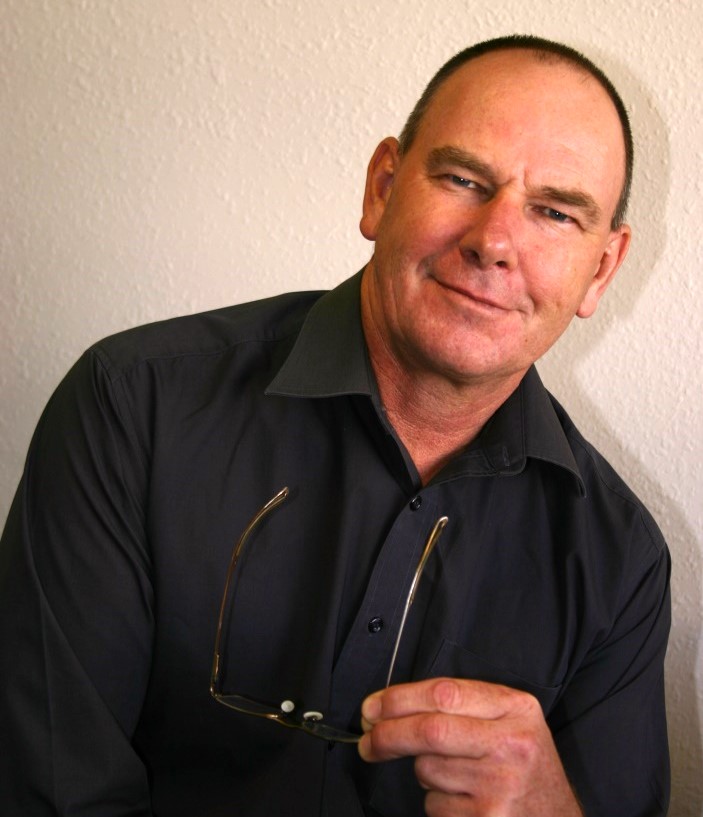Q&A: Putting the ‘Easy’ into building
EasyBuild is a Hutt Valley business helping transform New Zealand’s residential building industry. NZBusiness sat down with CEO Scott Matthews to determine their competitive advantage. NZB: Why does it make […]
EasyBuild is a Hutt Valley business helping transform New Zealand’s residential building industry. NZBusiness sat down with CEO Scott Matthews to determine their competitive advantage.
NZB: Why does it make sense to buy a modular house?
Scott: Most of us dream of home ownership, in fact most people would argue that it’s a human right. We have all been raised in an environment where you commonly design your own home, and every home is different. The building industry advertise this all the time, but then customers wonder why the house is often poorly insulated, expensive and requires lots of heating.
This is very different to many parts of the world where people by a house off plan and it is one of perhaps 30 in the same location that looks similar. I often make the analogy that if you want a good, reliable and fairly priced car, you would buy a Toyota Corolla. However if you want something different you would drive a custom build or a Ferrari.
Looking at a modular home vs. a custom designed home, the pricing difference is similar, but you’ll get better bang for your buck with a modular home in terms of build time, thermal efficiency, environmental friendliness, and other benefits, when compared to a standard construction house of the same price.
Modular homes are normally quick to build, well insulated and built, minimise waste and are normally priced the same as a similar sized home, but superior quality.
NZB: Where did the concept come from for your company?
Scott: The concept is relatively old, with the original inventor using this method some 30 years ago. However, the designs were brought up to date and the business was launched in its own right five years ago. We have a simple but enduring purpose. We want to provide Kiwis with warm, robust, and affordable housing because we believe everyone should enjoy living in their own EasyBuild home.
NZB: Tell us a bit more about your point of difference?
Scott: We’re a local business building affordable, quality, robust, and warm homes nationwide. We build quickly and efficiently whilst reducing waste and trying to source materials locally wherever possible. We also create opportunities to train and support those returning to work and looking to engage in the workforce. Available nationwide, we now have 10 licensee locations building houses in their local communities across the North Island from Northland to Wellington and are looking to expand into the South Island.
NZB: Describe your manufacturing process?
Scott: Essentially the skeleton of the house is produced as component pieces in a factory, so every piece required for the shell of the house is cut, marked, drilled and prepared for quick assembly on site.
All the external walls are constructed as super insulated panels, containing insulation suitable for any climate, conduits for power, a waterproof shell, and finally, the windows, rebates and window architraves are fitted before the house is sent to site in a shipping container.
NZB: How did covid and the pandemic impact your business’s progress?
Scott: The last 12 months have been interesting. Yes, we have faced challenges with the businesses – namely the hyperinflation and material shortages in the New Zealand market. However, despite the many challenges our business is growing.
We have also taken on more staff and now have 17 staff (11 in the factory and 6 in the office). Our commitment is to hire local where possible, and we recently committed to take on a student next year via the Hutt Valley Chamber of Commerce Employment to Education programme.
We have also earned our stripes with social housing projects – a strategic move for us to diversify and future proof the business, developing social housing models, whilst still providing homes for families.
We have gained a solid reputation for building affordable, warm, and quick housing by social housing providers and iwi. Our projects over the next 12 months include working with Kainga Ora, Trust House and Wesleyan Community Action Group
In terms of materials, we have a good relationship with our merchants and a direct relationship with our local producers, particularly Kiwi Lumber and Juken.
NZB: A major housing development dedicated to first home buyers is about to get underway, can you give us an update on where things are at in terms of the build?
Scott: We feel very privileged as a business to be working with Koru Kāinga and our own values align with the objectives of this development; to bring affordable, quality housing to local families and first home buyers.
We have worked with Koru Homes NZ founder Adrian Chooi to design 51 three-bedroom homes in Wainuiomata, Lower Hutt and provided a team of experts or a “dream team” to support the planning and resource consent application. Developments of this nature don’t just happen, and we have really enjoyed supporting this development. We are proud to be part of New Zealand’s first private development dedicated to getting first home buyers on the property ladder.
All going well we hope to commence building in early February 2023 and the build will be phased with 51 units built over the next 18 months.
NZB: How has being based in Upper Hutt benefitted your business?
Scott: We have been really pleased with the ongoing support provided by the Upper Hutt City Council and the Hutt Valley Chamber of Commerce. The council recently invited us to a job fair in which we received a few leads for potential workers. In fact, we have had no issues employing people in the area. Geographically we are in an ideal spot for operating our business – close to State Highway 1 and 2; close to our suppliers and licensees as well as all the projects we have lined up locally. We know good commercial space is hard to come by, so we are grateful to be operating out of 880sqm of floor space and 400sqm of yard space.
Our work with social development housing providers is also benefiting the local economy. As we are in a commercial zone, we can operate 24 hours a day (subject to observing noise limits) which effectively means we have the opportunity to run a shift-based system across 7 days, expand and take on more local staff as we continue to grow.
NZB: What are the future plans for the business and where are you experiencing growth?
Scott: We are experiencing growth in not just social housing but from families seeking modular housing built on their own sections – from mum and dad’s wanting to build a smaller house for their children who can’t get on the housing ladder; to retirees wanting something smaller and easier to maintain and so on. Our houses range from 38sqm to 176sqm so we cater for all needs. The recent changes to the Building Act/RMA allows many people to build value by adding an additional dwelling on their existing section.
Pictured: Mike Fox (director) and Scott Matthews (CEO).






